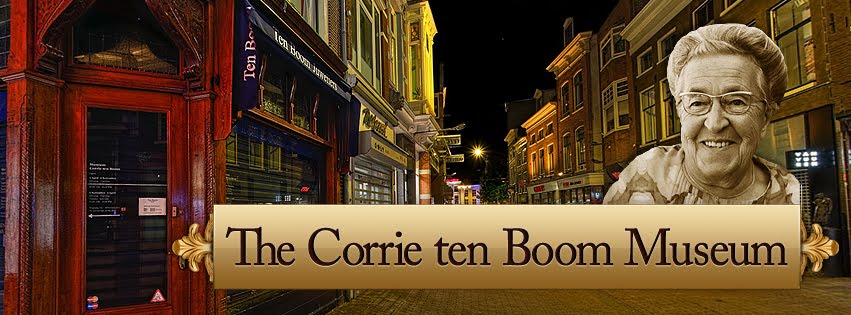Some years ago, an American woman was thinking about what she
could do with her life that would make a difference. Following a
distressing divorce, she was left financially and materially secure. Now
she wanted to use some of the resources that she had to improve the
lives of others. At the same time she hoped to gain some sense of
fulfilment for her own life.
She had been inspired by the things she had read about Mother Teresa and the work of the Little Sisters of the Poor in Calcutta. She wrote to Mother Teresa offering to come and work with her. The reply, when it came some time later, was short and to the point. Written in Mother Teresa's own hand, the letter this American woman received simply said, "Find your own Calcutta."
At first this seems rather harsh and abrupt. Some would even say it was downright rude. But, on reflection, the woman who received this note understood what this Albanian saint was trying to say to her. The truth was she did not need to go halfway round the world to make a difference. There would be people in her neighbourhood, members of her own family and community projects nearby needing her time, energy and material resources.
As a teenage Christian, I read inspiring tales of those who had done great things for God. There was David Wilkerson risking his life to share the gospel with the gangs of New York. The Dutch middle-age woman, Corrie ten Boom, emerged from the horrors of the Nazi concentration camps declaring there was no pit so deep that God's love was not deeper still.
I read too of Brother Andrew who, in the days of oppressive communist regimes, smuggled Bibles illegally across Eastern Bloc borders. I can remember thinking at times, "If only that could be me". But in the words of Mother Teresa I had to "find my own Calcutta".
The needs of the world have changed, but there are Calcuttas on our doorstep to this day waiting for us to find them.
Source: This is CornWall
She had been inspired by the things she had read about Mother Teresa and the work of the Little Sisters of the Poor in Calcutta. She wrote to Mother Teresa offering to come and work with her. The reply, when it came some time later, was short and to the point. Written in Mother Teresa's own hand, the letter this American woman received simply said, "Find your own Calcutta."
At first this seems rather harsh and abrupt. Some would even say it was downright rude. But, on reflection, the woman who received this note understood what this Albanian saint was trying to say to her. The truth was she did not need to go halfway round the world to make a difference. There would be people in her neighbourhood, members of her own family and community projects nearby needing her time, energy and material resources.
As a teenage Christian, I read inspiring tales of those who had done great things for God. There was David Wilkerson risking his life to share the gospel with the gangs of New York. The Dutch middle-age woman, Corrie ten Boom, emerged from the horrors of the Nazi concentration camps declaring there was no pit so deep that God's love was not deeper still.
I read too of Brother Andrew who, in the days of oppressive communist regimes, smuggled Bibles illegally across Eastern Bloc borders. I can remember thinking at times, "If only that could be me". But in the words of Mother Teresa I had to "find my own Calcutta".
The needs of the world have changed, but there are Calcuttas on our doorstep to this day waiting for us to find them.
Source: This is CornWall


